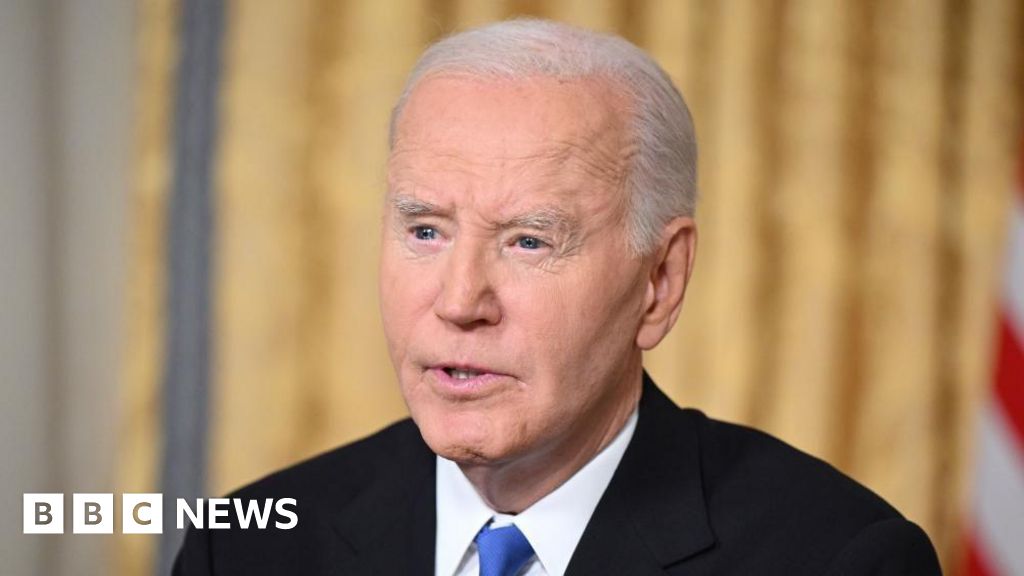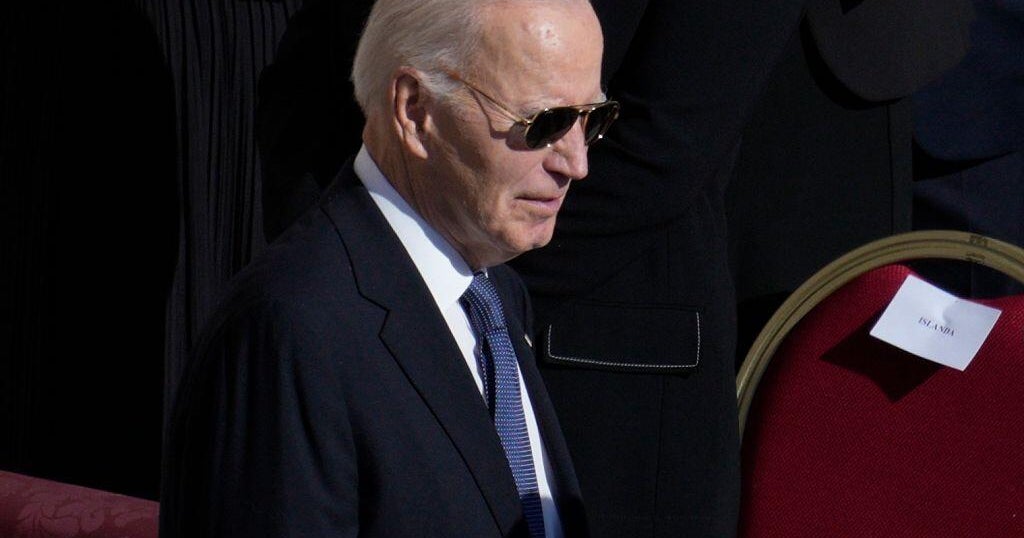Inside the housing market slowdown

The Federal Reserve is widely expected to lower its benchmark interest rate this week for the first time since December of 2024. A rate cut would give Americans a sliver of relief on a wide range of loans, but would it bring down mortgage rates?
Average rates for a 30-year fixed-rate mortgage fell to 6.35% this week, its lowest level in nearly a year, as financial markets have preemptively priced in a Fed cut when policymakers meet Sept. 16-17.
Borrowing costs on 15-year fixed-rate mortgages — popular with homeowners refinancing their home loans — also fell. The average rate slipped to 5.5% from 5.6% last week. A year ago, it was 5.27%.
With that in mind, experts say homeowners should not expect an immediate drop in mortgage costs should the central bank officially cut its rate on Thursday.
Here's what to know about how monetary policy affects mortgage rates.
What influence does the Fed have on mortgage rates?
The Federal Reserve does not directly impact mortgage rates. Instead, it sets what is known as the federal funds rate — what banks charge each other for overnight loans.
"The Fed is setting short-term interest rates," Jake Krimmel, a senior economist at Realtor.com, told CBS MoneyWatch. "Things like the mortgage rates are longer-term interest rates."
While Fed rate cuts directly affect short-term interest rates, such as on certificates of deposit (CDs) and high-yield savings accounts, they also impact the broader lending environment, experts note.
Adjustable-rate mortgages, for instance, are more sensitive to changes in the federal funds rate because they are tied to the Secured Overnight Financing Rate (SOFR), a short-term market index.
Fixed-rate mortgages, meanwhile, tend to move in the same direction as the bond market, particularly the 10-year Treasury note, because they are both long-term instruments with relatively stable risk, according to the Brookings Institute, a nonprofit public policy organization.
"They're maybe not pressed up against one another, but they're sort of moving in the same direction," said Krimmel.
The upshot is that conventional mortgage loans have terms of 15 to 30 years (adjustable-rate loans have shorter terms), so investors are more focused on the longer-term economic conditions reflected in Treasury rates than in the Fed's short-term lending horizon.
Yields on the 10-year Treasury note bounced around this year due to concerns over tariffs and what the One Big Beautiful Bill Act would mean for the economy, Stephen Kates, an analyst at personal finance website Bankrate, told CBS MoneyWatch. Lenders use the yield on 10-year Treasurys as a guide to pricing home loans. The yield was at 4% Thursday afternoon.
"Investor sentiments, how bonds are being bought and sold, expectations of inflation are all going to impact those longer-term rates," Kates said.
What impact could a Fed cut have on mortgage rates?
Experts say lenders have already been lowering their rates ahead of a likely rate cut by the Fed. The average rate on both 30-year mortgages and 15-year mortgages have inched down at the same time that several fed governors and Fed Chair Jerome Powell have signaled support for slashing interest rates, Krimmel pointed out.
Kates agreed. "A lot of the decrease that we've seen in the last four to six weeks has been in anticipation by some of this cut," he said.
Banks and other enders often lower their rates in anticipation of a Fed cut. In September 2024, for example, mortgage rates declined to a two-year low ahead of what turned out to be an unusually large 0.50 percentage point reduction by Fed officials. This is why the rate offers you see now, at the start of the month, may not look much different from those you see later in September, once the cut is official.
Fed interest rate policy is just one of the factors that can affect the cost of home loans, note experts. A range of other factors can also play a role, including the rate of inflation, job growth, consumer spending and housing demand, as well as global events and other government policies.
Because financial markets are forward-looking, any statements made by Powell on the direction of monetary policy could have more of an impact on the housing market than a rate cut itself, according to Krimmel.
"That might be where there is actually some action with the bond markets or with mortgage rates, because he might give some hints about where the Fed is headed in the future," he said.
The Associated Press contributed to this report.
Mary Cunningham is a reporter for CBS MoneyWatch. Before joining the business and finance vertical, she worked at "60 Minutes," CBSNews.com and CBS News 24/7 as part of the CBS News Associate Program.

















































